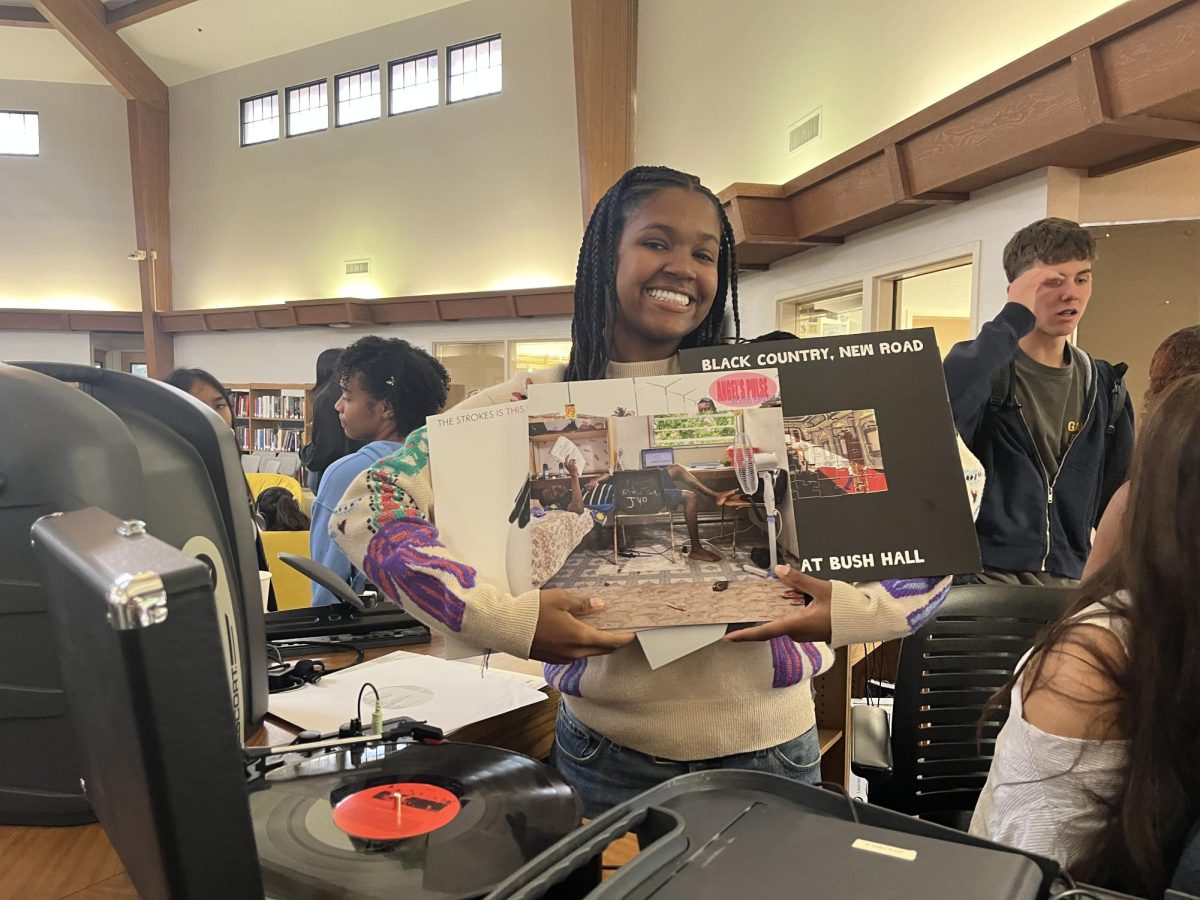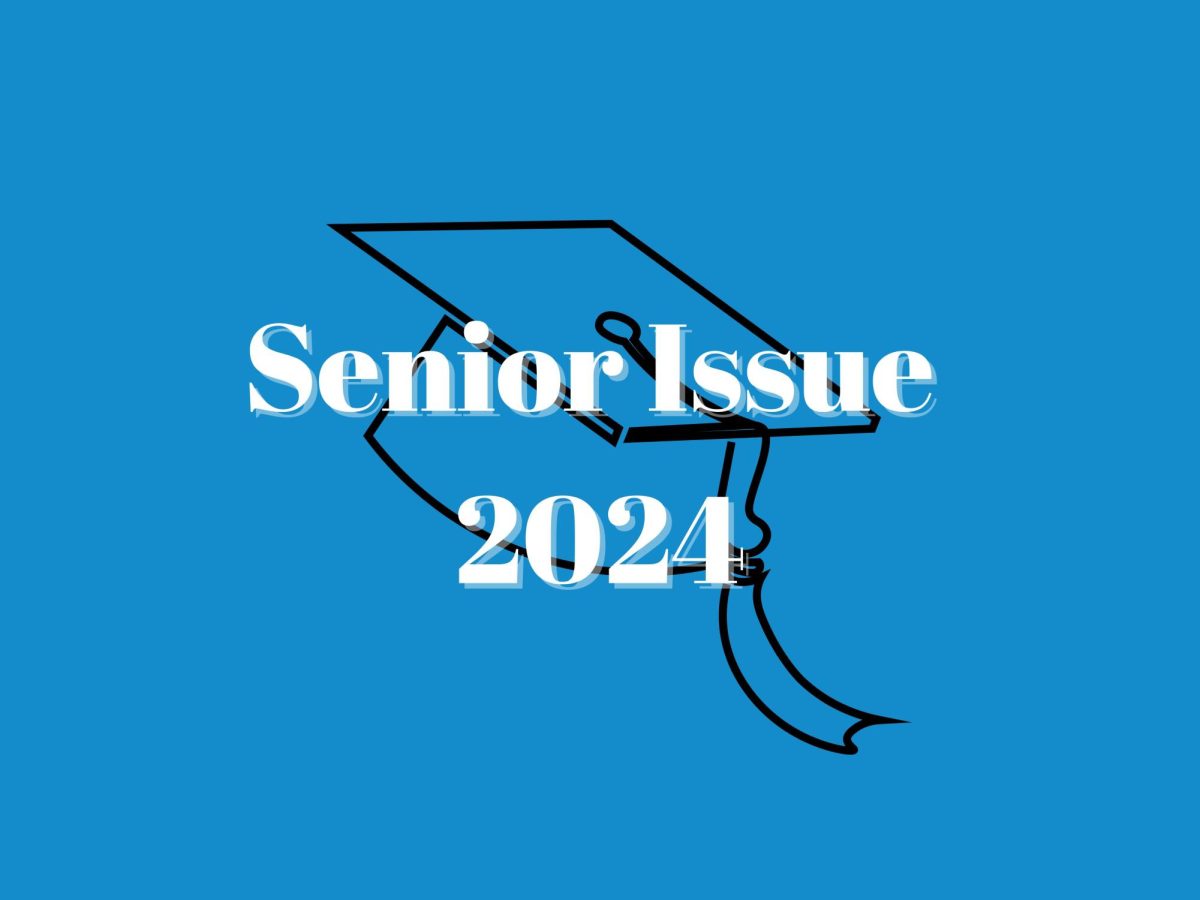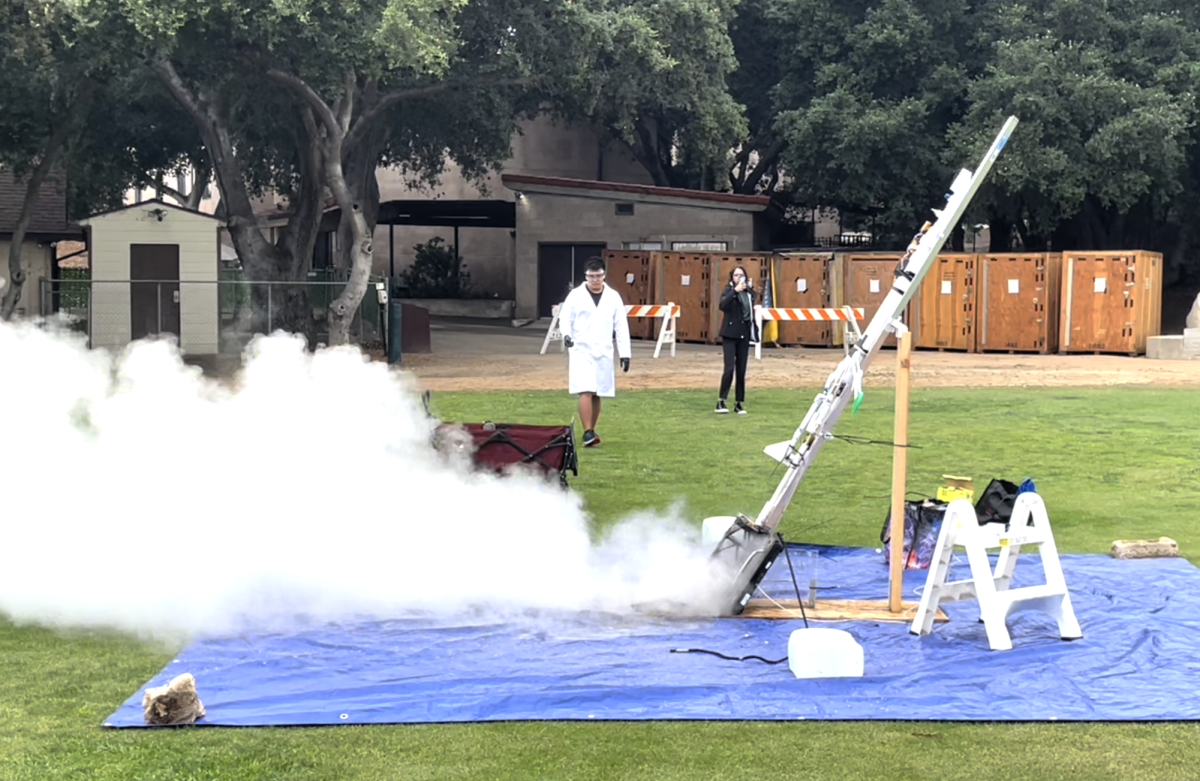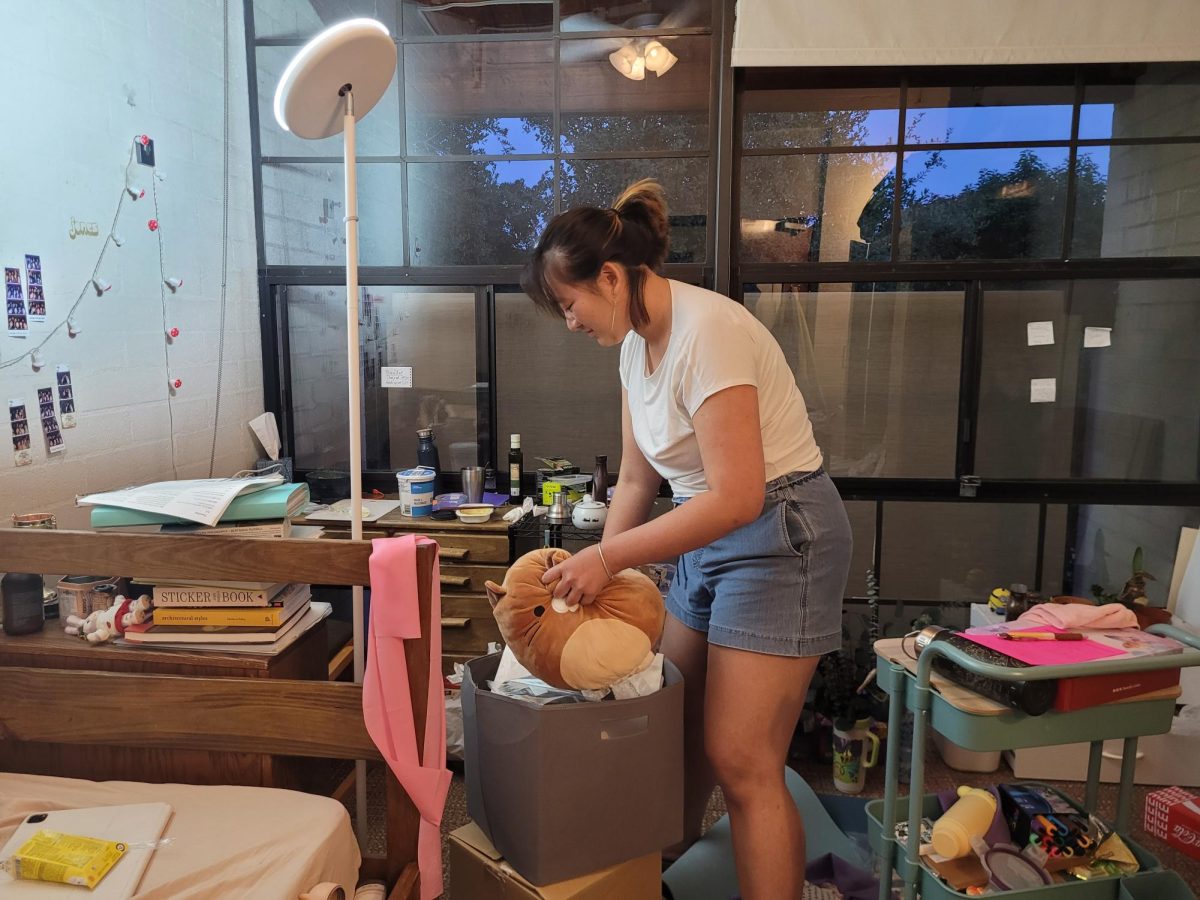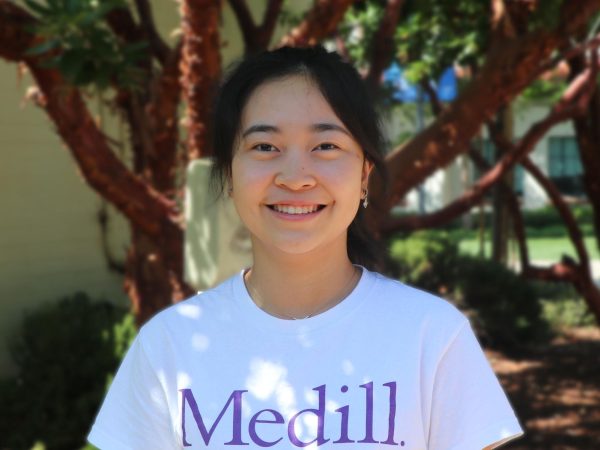At 6:00 a.m. Monday, I awoke, feeling jetlagged yet getting up to start my morning routine. I tuned into National Public Radio’s Up First podcast and brushed my teeth while still half asleep, but the news that emerged jolted me wide-awake.
“Supporters of ex-Brazilian president Jair Bolsonaro storms the congress in Brazil’s capitol on Sunday.”
Hurriedly, I searched online for more information and stumbled across a horrifying on-site video recording. The screen showed the beautiful green grass and majestic white buildings of the Brazilian Congress overrun by Bolsonaristas donning yellow shirts and scarfs, all chanting for the removal of the current leader and the reinstatement of Bolsonaro. Despite warning shots and smoke bombs from the police, the protestors bulldozed through road blockades and soon rushed into the building.
At first glance, the scene of extremists rushing into the capitol building, taking selfies inside, and using the stage as slides closely mimicked the appalling events that occurred during the American Capitol Riot on January 6th, 2021. Clearly, the classic line that history repeats itself applied here.
The events that occurred in Brazil prove that although fascism may seem like a product of the distant past for most people, it continues to evolve and exert a heavy influence on modern politics. Webb’s Advanced Studies Fascism course has supplied students like me with the tools to tackle real-world political situations.
“I learned about the practice of fascism and how it is born from the spark of nationalistic fervor,” said Yvette Shu (‘23), a current member of the class. “I also learned about historical events in a new light, especially World War II.”
Over the semester, we learned about the role of nationalism in individual communities and how ultra-nationalist sentiments could create political arenas bolstered by “us-versus-them” mentalities, ultimately culminating in fascism. We also reviewed several materials related to the subject, including Schindler’s List directed by Steven Spielberg, The Darkest Hour directed by Joe Wright, How Fascism Works by Jason Stanley, and The Anatomy of Fascism by Robert O. Paxton to gain insight into how fascism has functioned throughout history. In addition to learning about its history, students reached valuable understandings about the presence of modern-day fascism.
“Fascism’s existence is not solely in the name,” Hanson Hu (‘23) said. “It’s not like before Mussolini fascism didn’t exist, and after Hitler that fascism wouldn’t exist. If we define fascism as ultra-nationalism with all the practices that are included in Paxton and Stanley, then it is something so broad and so dangerous that I think every individual needs to look out for as citizens of the world.”
Other students echoed the same sentiments.
“I believe everyone should take a class on fascism, or something similar,” Yvette said. “It is now more important than ever to have a holistic understanding of different ideologies.”
It is crucial now more than ever for people to educate themselves so that we can recognize the signs of fascism within our political environments. Although we are living and learning in Southern California, we are not so far removed from the riots in Washington D.C. and Brazil –– whose impact can shatter our privileged bubble. Thus, students must not remain complacent, but must increase their vigilance in order to protect the community.
After learning about the historical origins and political tactics of fascism, students tackled a final research paper analyzing a leader of their own choosing. The options ranged from past tyrants like Uganda’s Idi Amin to present rulers like North Korean ruler Kim Jong-un. Throughout the project, they collectively realized that fascism could appear under drastically different masks.
The most startling observation I found was that the PiS party [in Poland] is alive and well in the modern 21st century. It’s important to realize that fascism lives beyond the history textbooks.
— Yvette
I researched Victor Orbán from Hungary, and I think that these research projects are so, so important because they are about modern-day countries. A lot of people who haven’t taken Fascism can tend to think that fascism died with Germany, but that is not true.
— Kylie Osborne (‘23)
I researched Giorgia Meloni from Italy. She marks the beginning of an uptrend of right-wing politics in Europe, so she is a representation of the dissatisfaction of people with the democracy in Europe right now, especially in terms of handling the economy.
— George Huang (‘24)
From these examples, we learned about the various manifestations of fascism and why it is important for us to know about how they operate. Classes like Advanced Studies Fascism not only teach Webbies valuable skills of critical analysis and writing, but also help us reach beyond the Webb bubble in our quest to effectuate change. If similar events like those of the Bolsonaro raid reoccur in our future –– no matter the location –– we will be well-equipped with the knowledge necessary to identify and address fascism, no matter what form it takes.
For further books and films surrounding this topic, I found the following resources greatly helpful in furthering my understanding.
- Movies
- The Pianist
- Denial
- Books
- The Plot Against America
- Denying the Holocaust: An Assault on Truth and Memory
- Tyranny of Merit


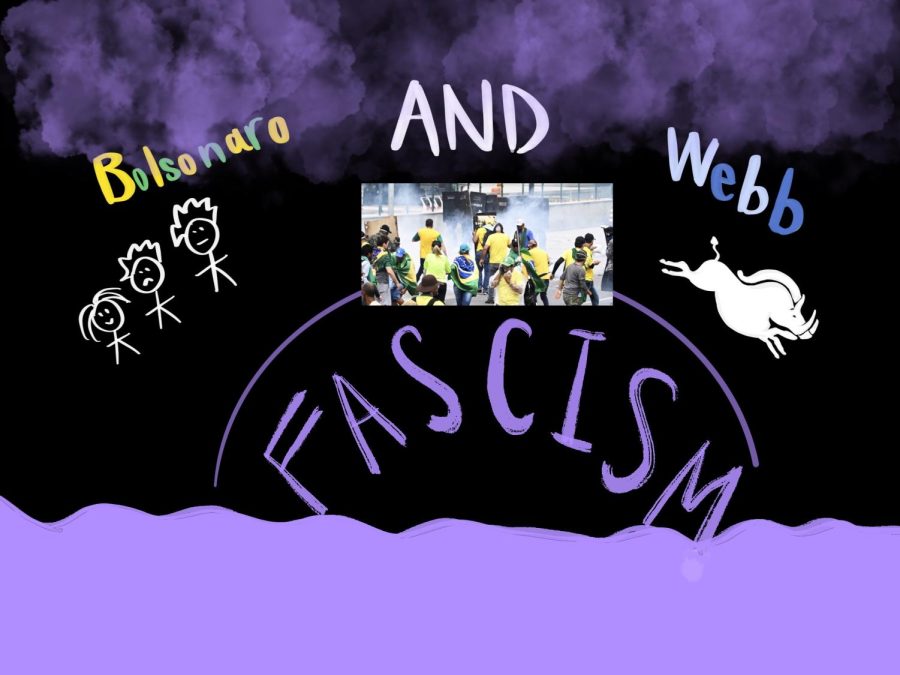



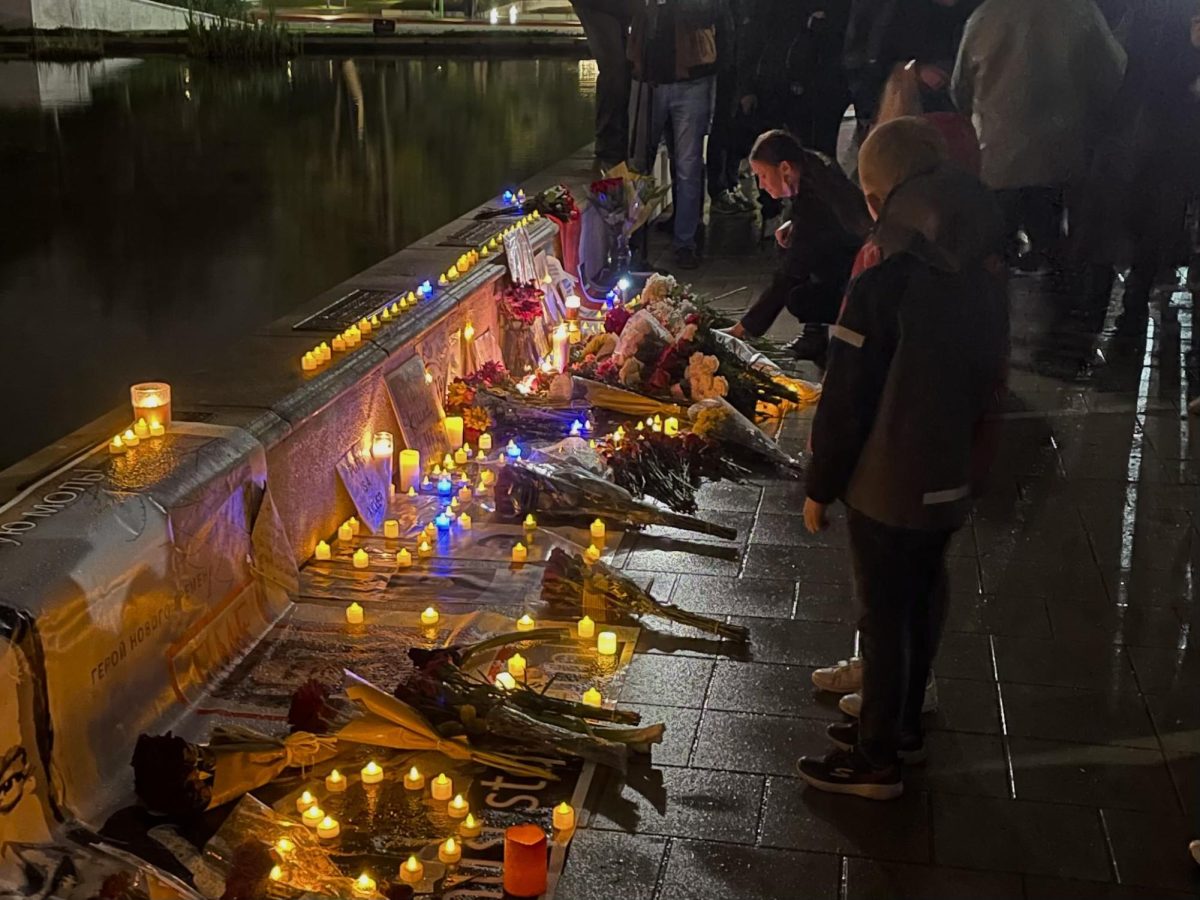
![Student loan borrowers rally near the White House for Joe Biden to cancel all student loans. Biden, pictured left, is troubled with diminishing popularity with youth as he fails to forgive all students loans as he had promised. “[Biden] kind of fumbled things even though he tried with student loan forgiveness,” said Cory Warren, humanities department faculty. “That was [the] number one campaign promise to get the youth vote.” Whether it is student loans, age, or foreign policy, what, ultimately, drives away the youth vote for Biden?](https://webbcanyonchronicle.com/wp-content/uploads/2024/03/Duan-biden-popularity-1200x675.jpeg)


